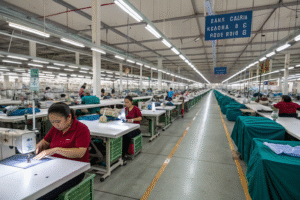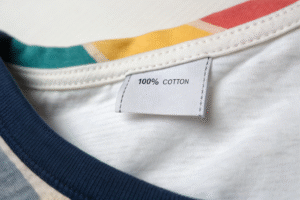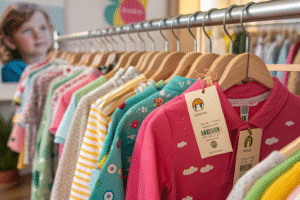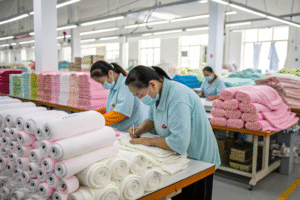A basic ribbed tank top shouldn’t carry a violent nickname. But one did—and still does. The question is, why?
Tank top undershirts are sometimes called “wife beaters” due to cultural stereotypes and media influence, though the term is widely considered offensive and outdated today.
As a clothing manufacturer who works with international buyers, I always recommend professional product naming—because what you call a garment shapes how your brand is perceived.
What is the origin of the term “wife beater” shirt?
The nickname didn’t come from fashion—it came from pop culture, crime headlines, and lazy generalizations.
The term “wife beater” for a ribbed tank originated in mid-20th-century America, influenced by negative stereotypes, tabloid headlines, and media portrayal of domestic abusers wearing the garment.
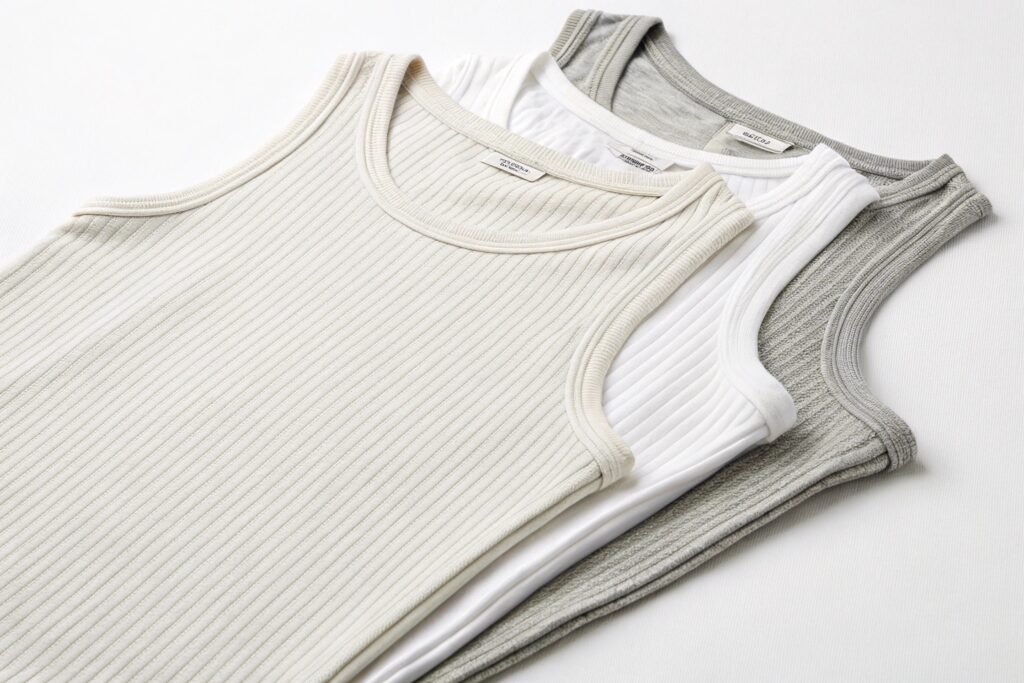
How did crime stories and Hollywood characters contribute to this nickname?
The earliest public associations of this shirt with violence came from tabloid headlines in the 1940s. A widely circulated image of a man arrested for assaulting his wife showed him in a dirty, sleeveless undershirt. That moment stuck. Later, movies and TV shows portrayed angry, working-class men—often abusive or volatile—wearing the same garment. Think Stanley Kowalski in A Streetcar Named Desire. The stereotype cemented. It wasn’t the shirt—it was the character type that wore it.
Why did the term “wife beater” become widespread despite its offensive implications?
Slang travels fast when it’s catchy, and American youth culture embraced it in the ’80s and ’90s. Music videos, sitcoms, and streetwear brands referenced the term. Ironically, the shirt also became associated with rebellion, masculinity, and street style—especially in hip-hop culture. But as awareness around domestic violence grew, people began to question why we accepted such a harmful nickname so casually. The garment never changed—just the narrative surrounding it.
Why is “wife beater” an offensive fashion term today?
What we call things matters. Especially when the words normalize real trauma for millions of people.
“Wife beater” is offensive because it trivializes domestic violence, reinforces harmful stereotypes, and ignores the lived experiences of abuse survivors.
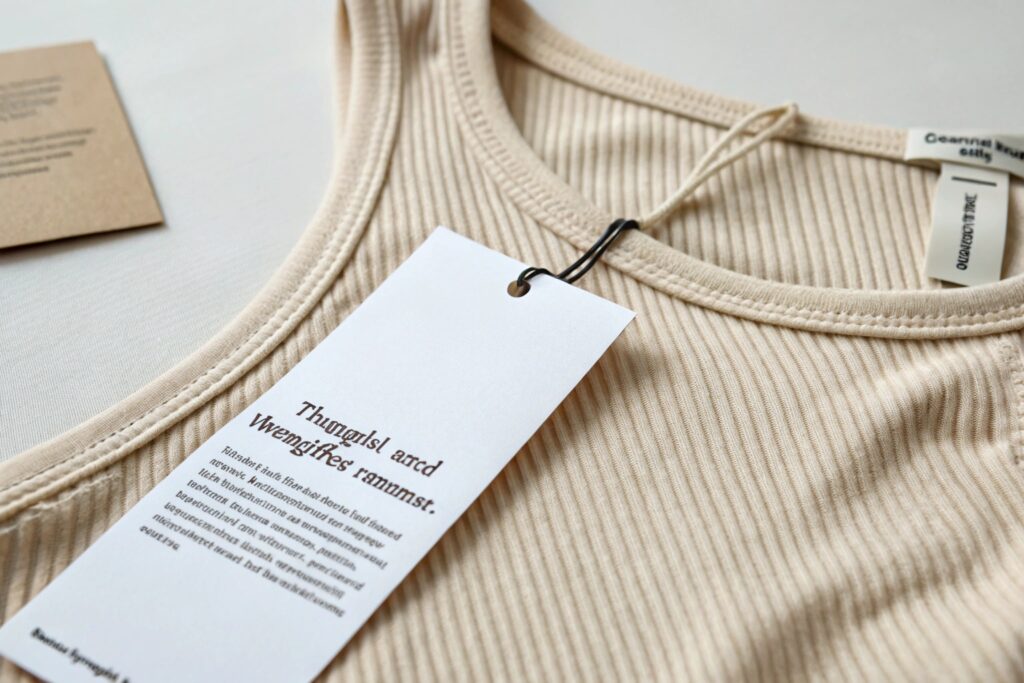
How does the term minimize the seriousness of domestic violence?
Using the phrase casually turns real abuse into a joke. It detaches the garment from the violence and makes it sound like a style choice rather than a life-destroying behavior. That normalization is dangerous. As a supplier who works with U.S. and European buyers, we’ve seen multiple retailers blacklist any supplier who uses outdated or violent product names—even informally. Brands don’t want to get caught up in backlash.
What cultural changes have made the term unacceptable in mainstream fashion?
As conversations around gender, power, and abuse became more visible, so did the scrutiny on language. Retailers now face pressure from advocacy groups and consumers to clean up problematic branding. Google Shopping, Amazon, and Shopify all now flag or reject listings using “wife beater” as a product term. Buyers are asking us for safe naming conventions—“ribbed tank,” “sleeveless undershirt,” “cotton tank”—that are neutral and descriptive. Social responsibility has become a business standard.
How should retailers label ribbed tank undershirts?
Retailers today have to walk a fine line—staying descriptive, searchable, and sensitive to cultural shifts.
Retailers should label ribbed tank undershirts with clear, neutral terms like “men’s ribbed tank,” “cotton sleeveless undershirt,” or “classic layering tank” to ensure respectful, accurate descriptions.
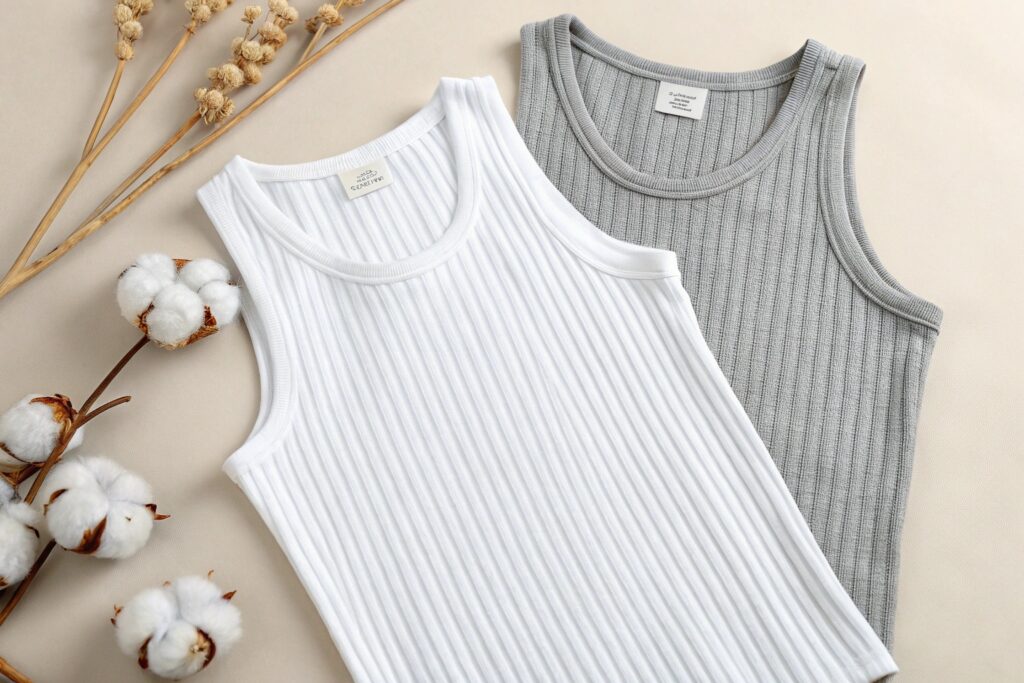
What are industry-standard terms now used to replace the outdated nickname?
Here’s what we use when exporting or creating custom catalogs for global clients:
| Old Term | Recommended Label |
|---|---|
| Wife Beater | Ribbed Tank Undershirt |
| A-Shirt | Cotton Sleeveless Undershirt |
| Tank Top | Fitted Ribbed Tank |
| Undershirt Tank | Men’s Layering Tank |
At Fumao Clothing, we’ve shifted all B2B catalogs to use these terms. We even help our buyers optimize their product titles for SEO while avoiding triggering phrases. If you’re exporting or drop shipping, clean product naming helps build brand credibility and keeps you out of algorithmic penalty zones.
How can brands protect themselves from reputational damage through thoughtful naming?
Language audits are essential. We advise clients to review legacy product lines and update labels that may no longer align with brand values. Especially in fashion where trends recycle, you don’t want yesterday’s slang creating tomorrow’s PR crisis. When buyers approach us for private label development, we include naming strategy support as part of the service—helping them use modern, culturally safe terminology.
Is “wife beater” still used in apparel marketing?
The term hasn’t disappeared completely. But it’s no longer considered acceptable by any reputable brand or retailer.
No, “wife beater” is not used in legitimate apparel marketing today; it’s largely banned from platforms and replaced by professional product terms.

How do online marketplaces and social platforms treat listings using the term?
Platforms like Amazon, eBay, and Meta have cracked down on problematic keywords. In 2022, Amazon updated its offensive product policy to block listings that included terms like “wife beater.” Shopify also flags such terms during listing creation. Google Ads will disapprove campaigns with violent or insensitive product names. As suppliers, we’re often asked to submit alt wordings to pass marketplace compliance. At Fumao, we’ve automated part of our naming process to avoid risk.
Are there still subcultures or streetwear communities that use the term?
Yes, but mostly in informal, peer-to-peer communication. It might pop up in meme pages, music lyrics, or vintage references—but not in formal product listings. In fact, modern streetwear brands now pride themselves on flipping offensive terms or rejecting them altogether. We’ve seen this shift happen in real time—young designers we work with are much more cautious and globally aware. The tone of fashion has changed. And brands who ignore that get left behind.
Conclusion
A shirt is just a shirt—but what we call it matters. “Wife beater” is a term best left in the past. Today’s buyers, suppliers, and brands should use respectful, professional naming to build a better industry.


